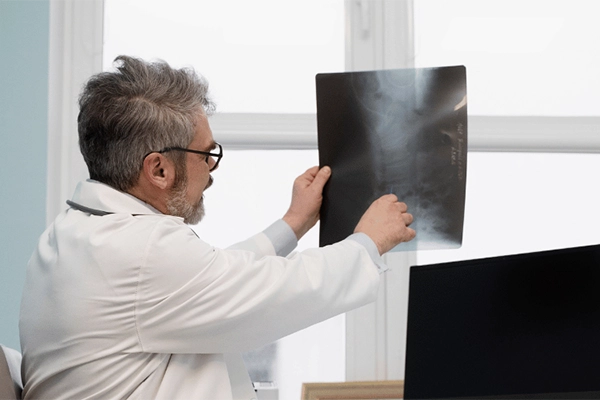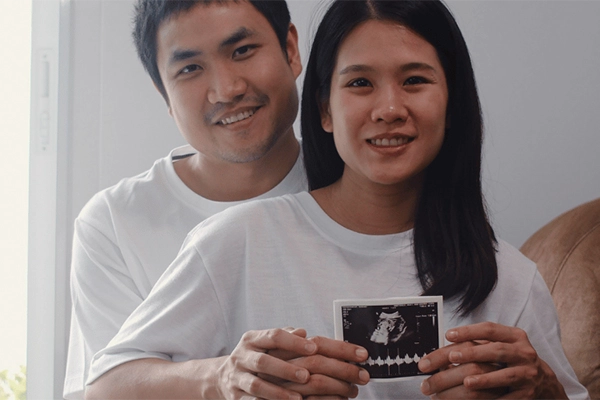Topics
What types of cancer treatments are available in Malaysia?
In Malaysia, patients can access various types of cancer treatments tailored to their specific needs. These include surgery, which aims to remove tumours and surrounding tissues; chemotherapy, involving the use of powerful drugs to kill cancer cells; radiotherapy, which uses high-energy rays to target and destroy cancerous tissue; and immunotherapy, designed to enhance the body’s natural defences against cancer.
Additionally, targeted therapies and hormone therapies may be utilised depending on the cancer type. Your oncologist will recommend the most suitable combination of these treatments based on the type and stage of your cancer, as well as your overall health condition.
How will I be assessed and diagnosed before treatment begins?
Before initiating treatment, a comprehensive assessment is crucial. This process typically begins with a detailed medical history review, followed by physical examinations. Your doctor may recommend diagnostic tests such as blood tests, imaging studies (like X-rays, CT scans, or MRIs), and biopsies to determine the exact type and stage of cancer. This thorough assessment helps the healthcare team devise a personalised treatment plan that addresses your unique situation.
What should I know about the treatment process and what to expect?
The treatment process can vary widely based on the type of cancer and the treatment modalities chosen. Generally, you can expect a structured plan that outlines each phase of your treatment, including the duration and frequency of sessions. For instance, chemotherapy might be scheduled every few weeks, while radiotherapy could be administered daily over several weeks.
It is essential to understand that treatment experiences differ among patients; some may encounter side effects such as nausea, fatigue, or hair loss, while others may have a milder experience. Regular follow-ups with your oncologist will be necessary to monitor your progress and adjust the treatment plan as needed.
How will my healthcare team communicate with me during treatment?
Effective communication is vital throughout your treatment journey. Your healthcare team, which may include oncologists, nurses, and support staff, should keep you informed about your treatment plan, any changes, and what to expect at each stage. It is important to feel comfortable asking questions about your condition, treatment options, and any concerns you may have. Many hospitals also have patient navigators or liaisons to help guide you through the treatment process, ensuring you understand each step and feel supported.
What can I do to manage side effects during treatment?
Managing side effects is an important part of the cancer treatment journey. Common side effects may include nausea, fatigue, changes in appetite, and emotional challenges. Your healthcare provider can recommend medications to alleviate nausea or fatigue and suggest lifestyle adjustments, such as regular exercise and stress-reduction techniques like meditation or yoga. Keeping an open dialogue with your healthcare team about any side effects you experience is crucial, as they can provide tailored solutions to help you cope effectively.
FAQs
How do I manage the emotional impact of cancer treatment?
Support groups, counselling, and mental health resources are available to help patients and their families cope with the emotional challenges.
How can I prepare for my first consultation with an oncologist?
To prepare, gather your medical history, any previous test results, a list of medications, and questions you may have. This will help facilitate a thorough discussion during your appointment.
Are there support services available for cancer patients in Malaysia?
Yes, many hospitals in Malaysia offer support services, including psychological counselling, nutritional advice, and support groups to help patients cope with the emotional and physical challenges of treatment.
Are there dietary restrictions during cancer treatment?
Some patients may need to follow specific dietary guidelines. A dietitian can help create a plan to maintain strength and manage side effects.
Can I continue working during cancer treatment?
Many patients continue working, but adjustments may be needed based on treatment intensity, side effects, and personal stamina.
Book an Appointment at Pantai Hospitals
At Pantai Hospitals, we are dedicated to providing comprehensive cancer care tailored to your needs. If you or a loved one is diagnosed with cancer, it is vital to seek medical attention as soon as possible. Early intervention and personalised treatment plans can significantly improve outcomes and enhance your quality of life.
The team of oncology specialists is here to guide you through the entire process, from diagnosis to recovery. Whether you need outpatient care or inpatient support, Pantai Hospitals is committed to ensuring you receive the best possible care. If you have questions about cancer treatment or would like to schedule an appointment, contact us today to book your consultation at the nearest Pantai Hospitals. Let us help you take the first step toward your health journey with confidence and expert guidance.
Pantai Hospitals have been accredited by the Malaysian Society for Quality in Health (MSQH) for its commitment to patient safety and service quality.













